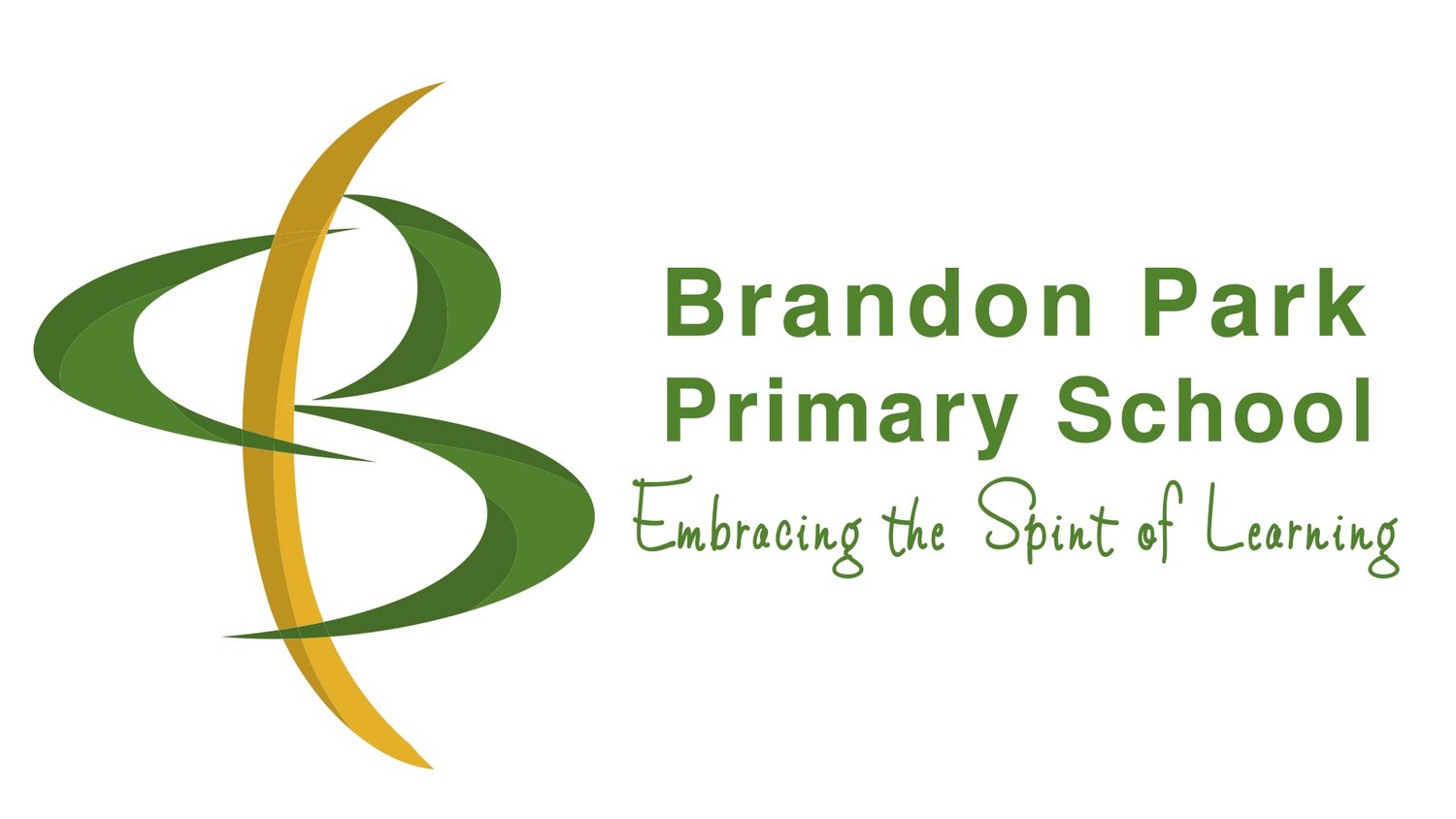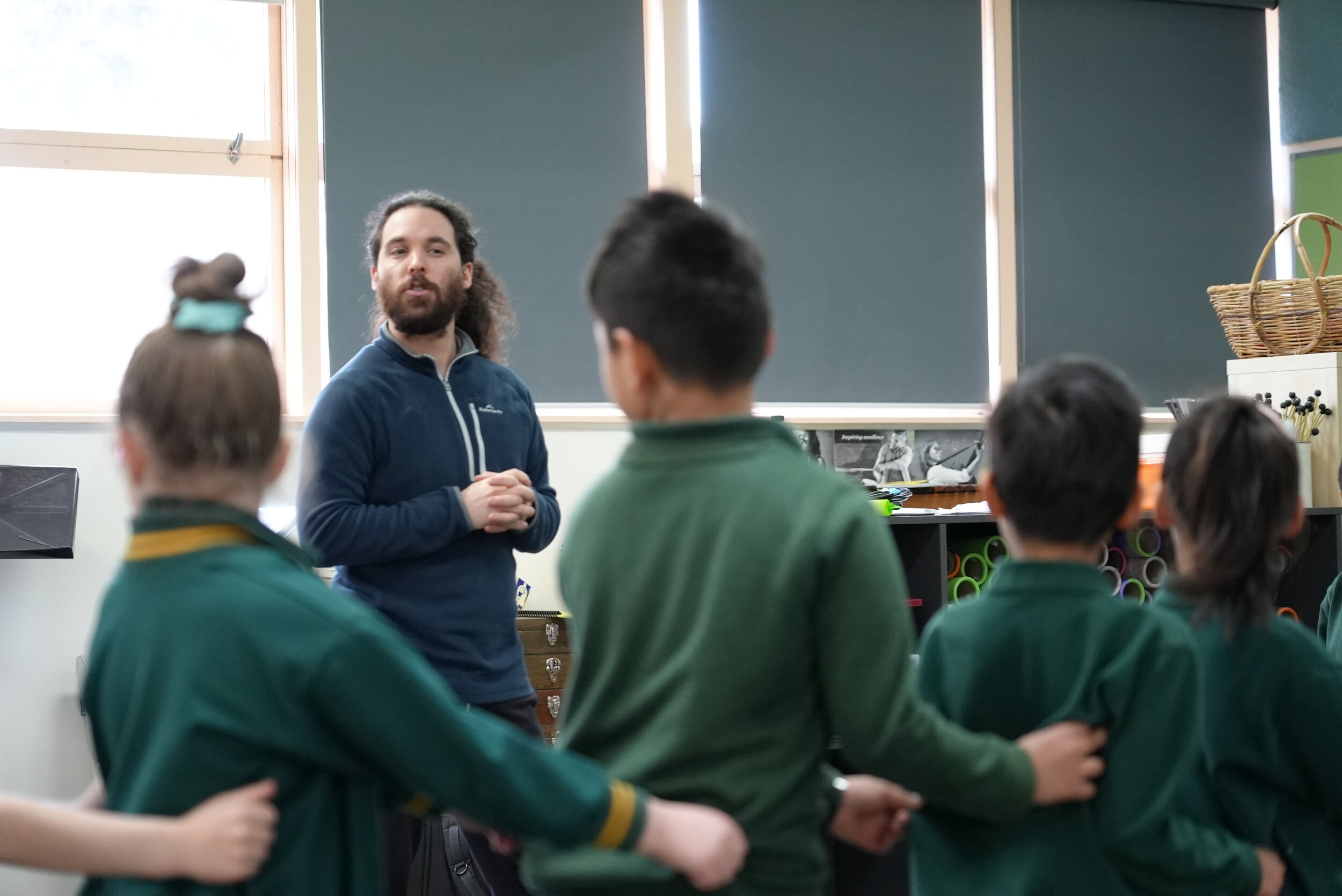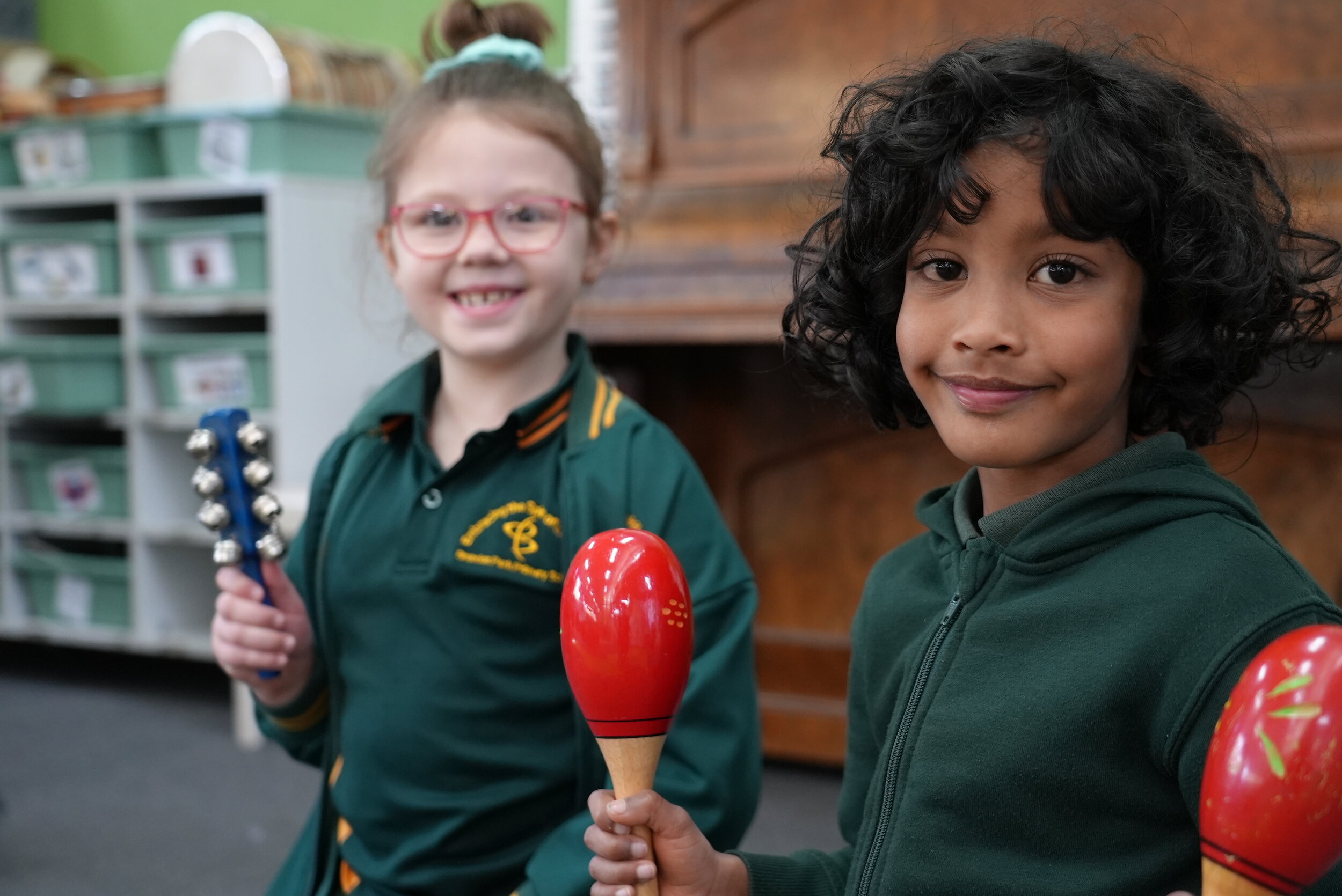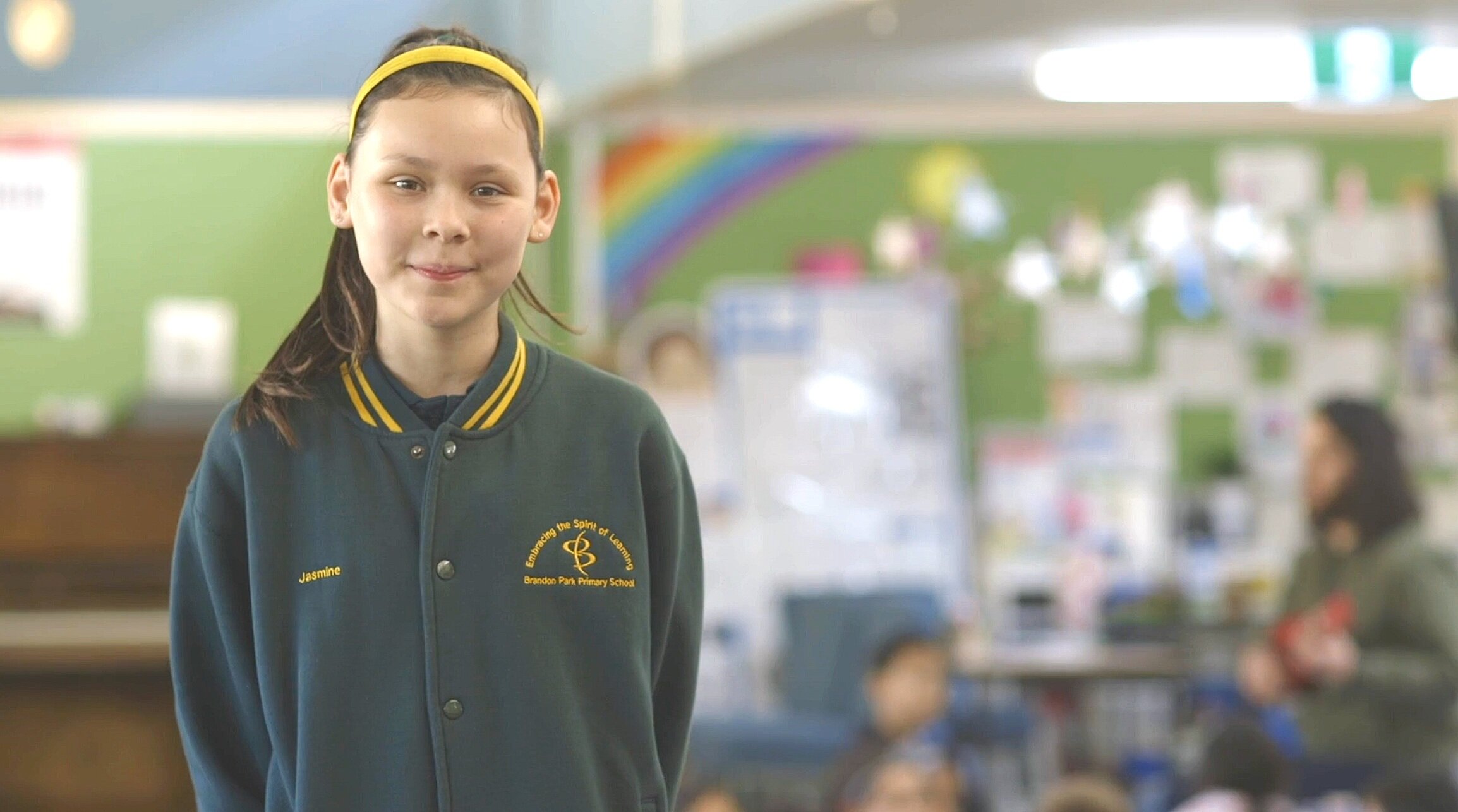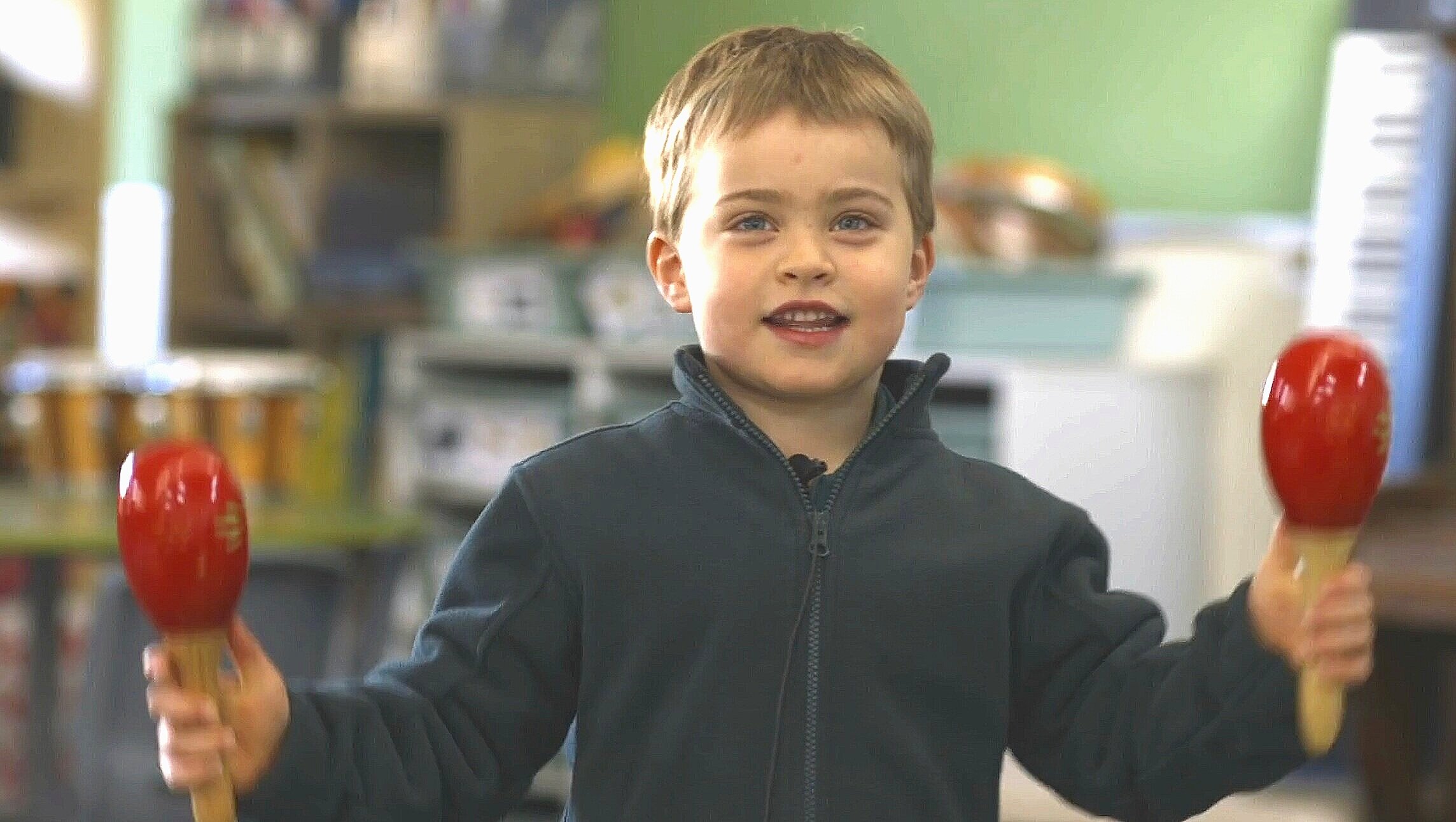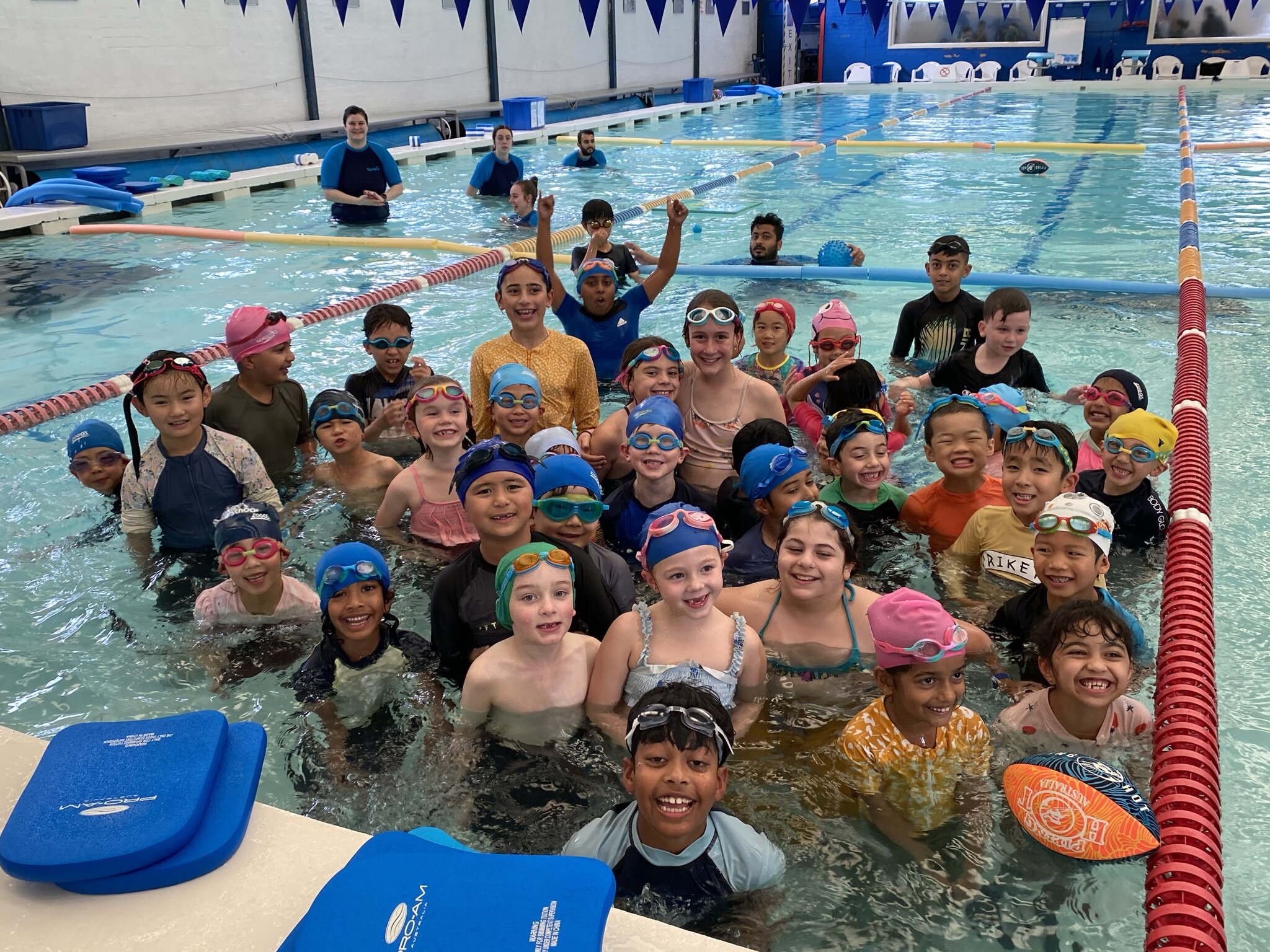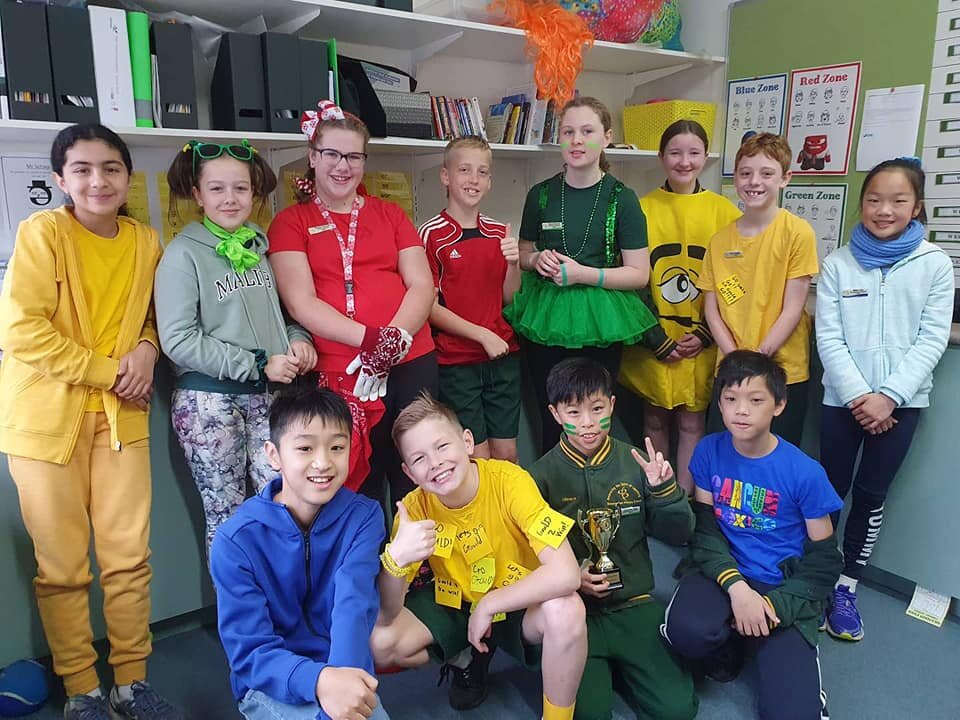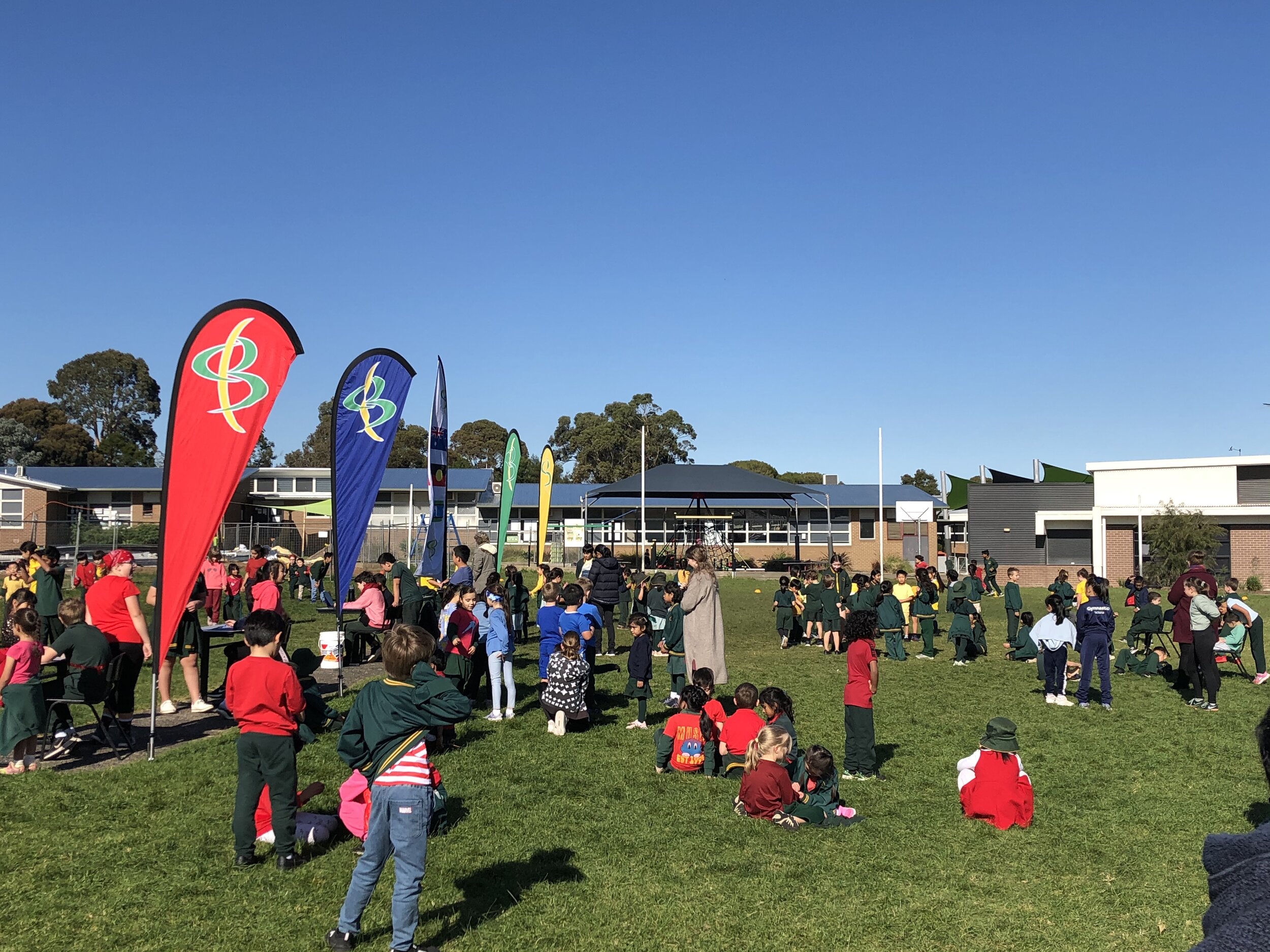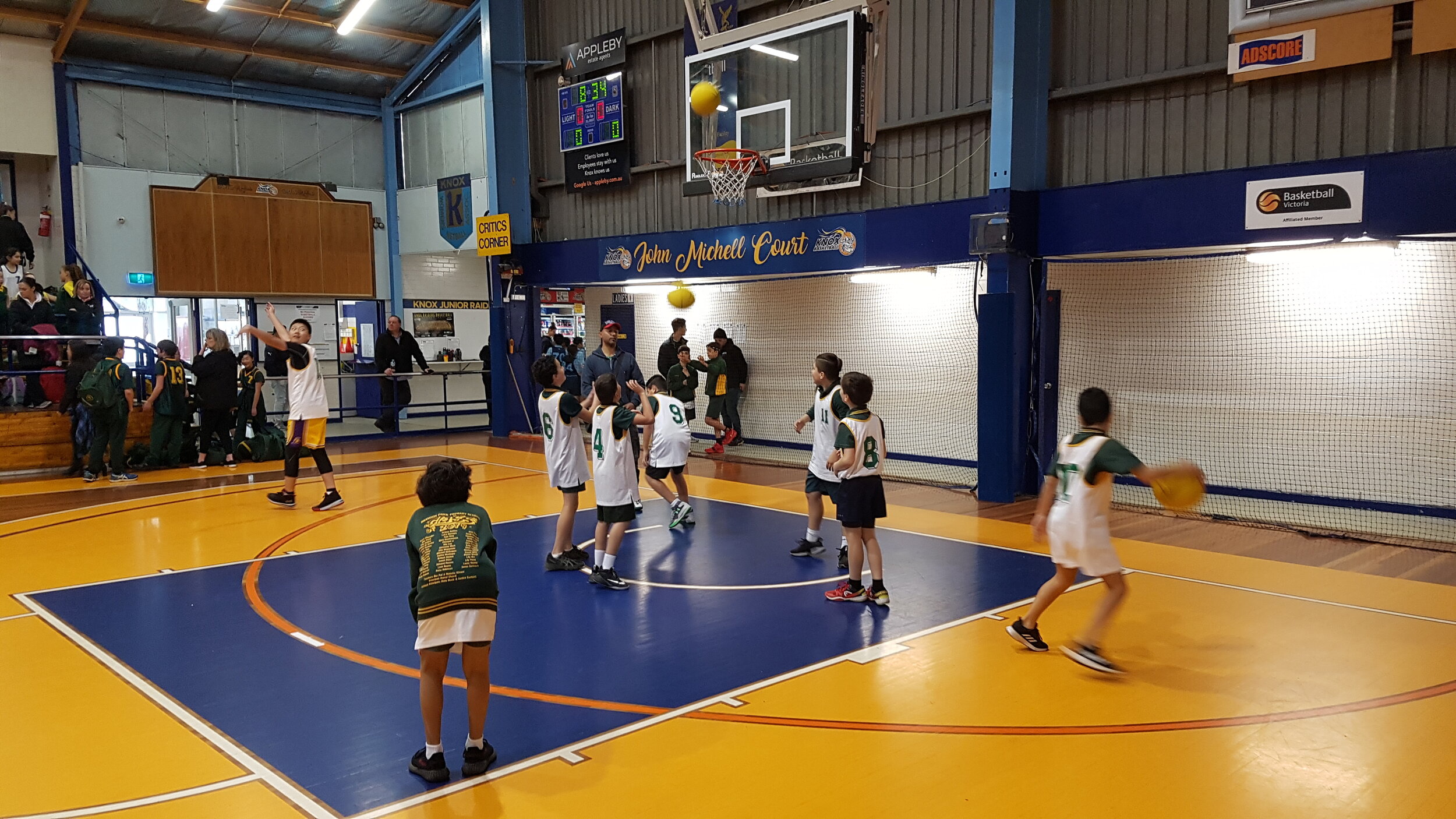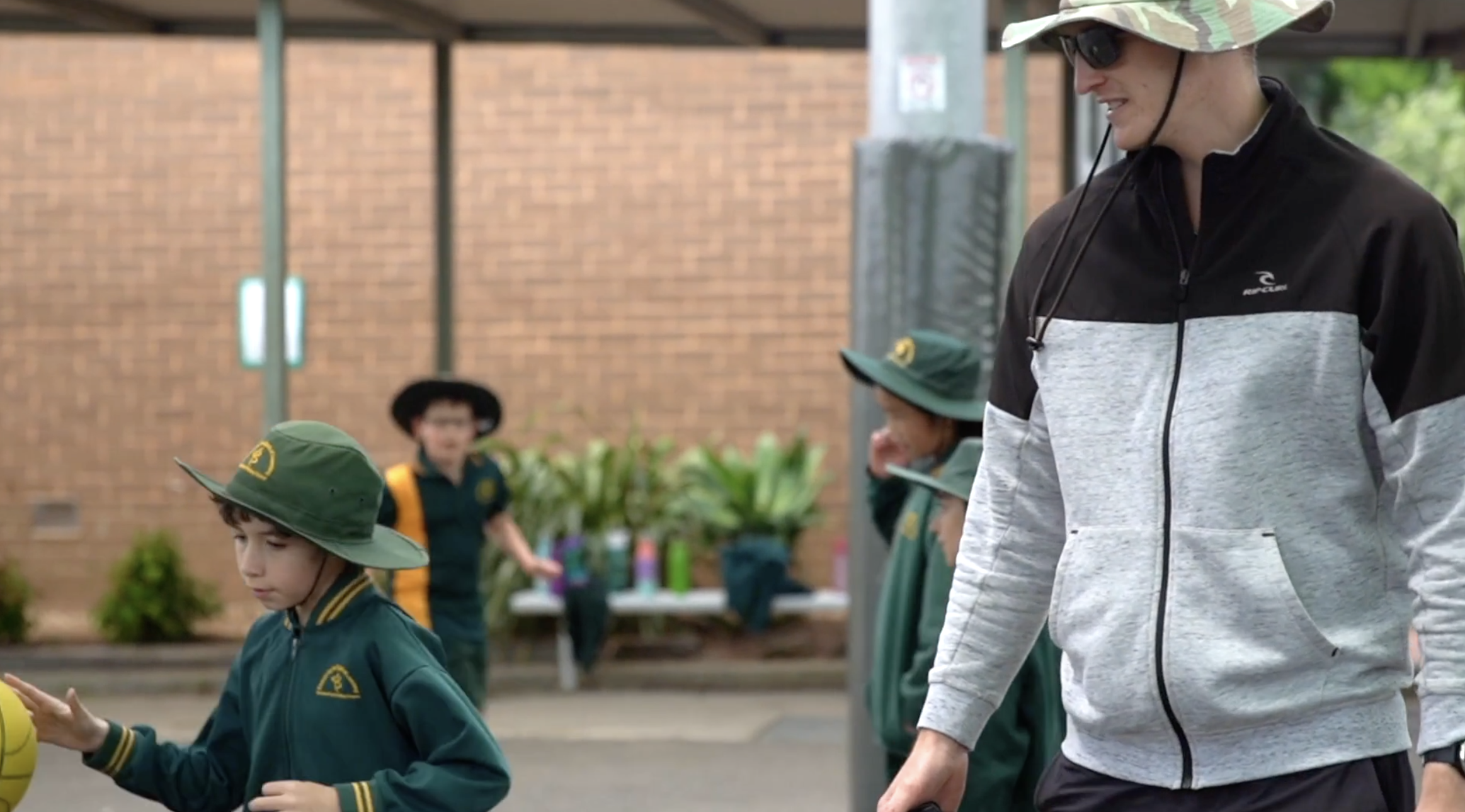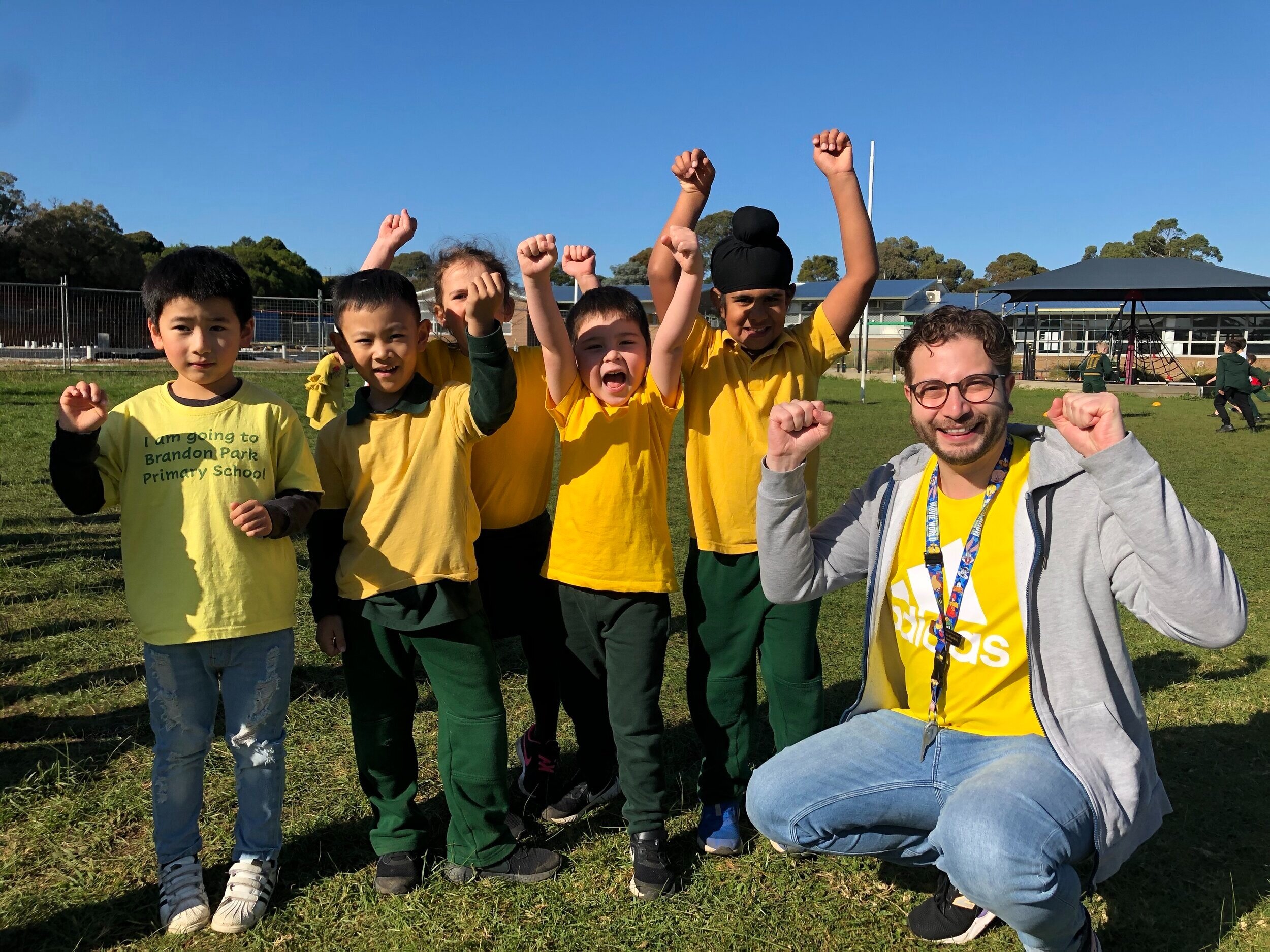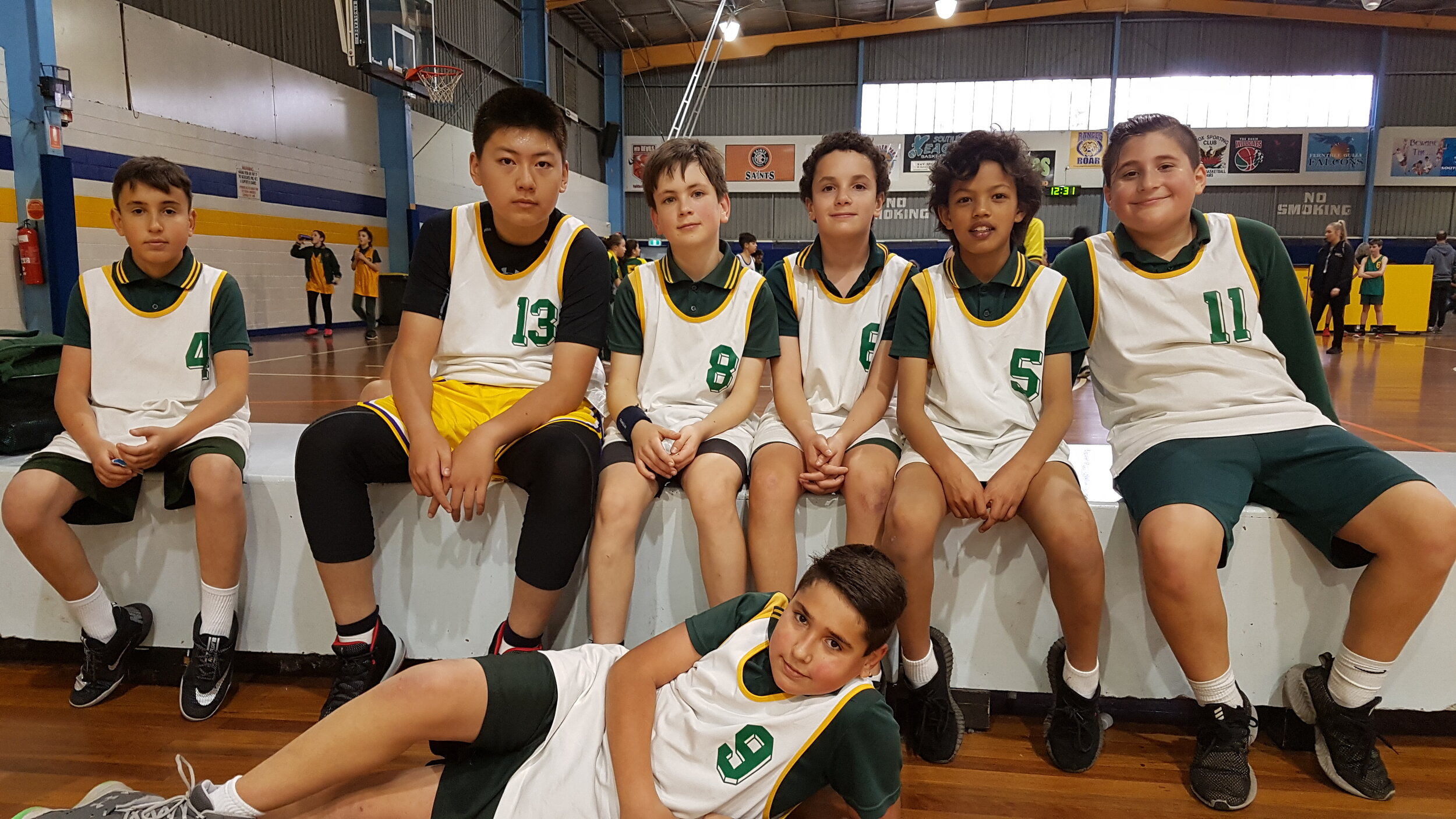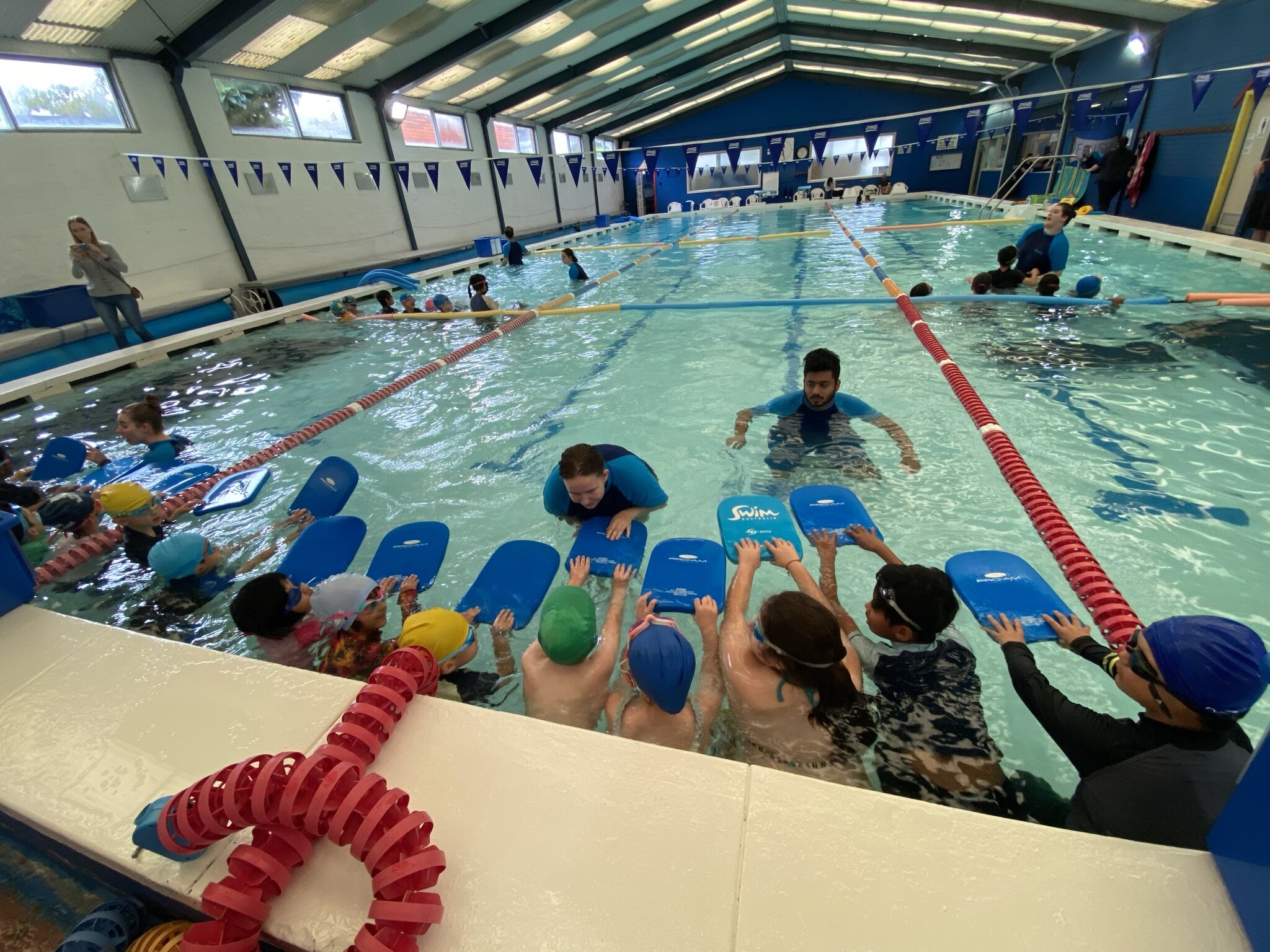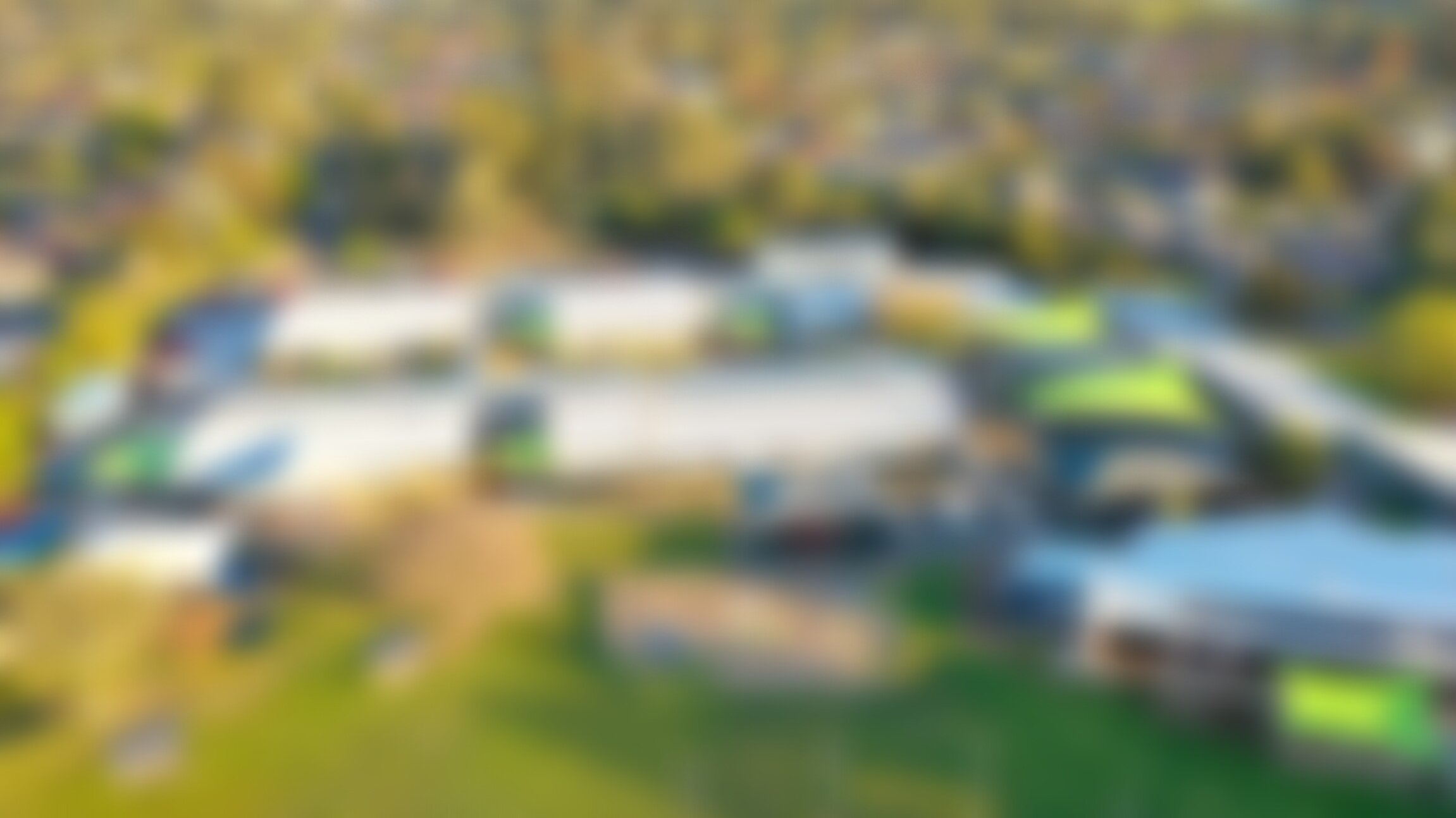
Specialists
Science
Visual Arts
Music
Mandarin
Health & Physical Education
Coding/STEM
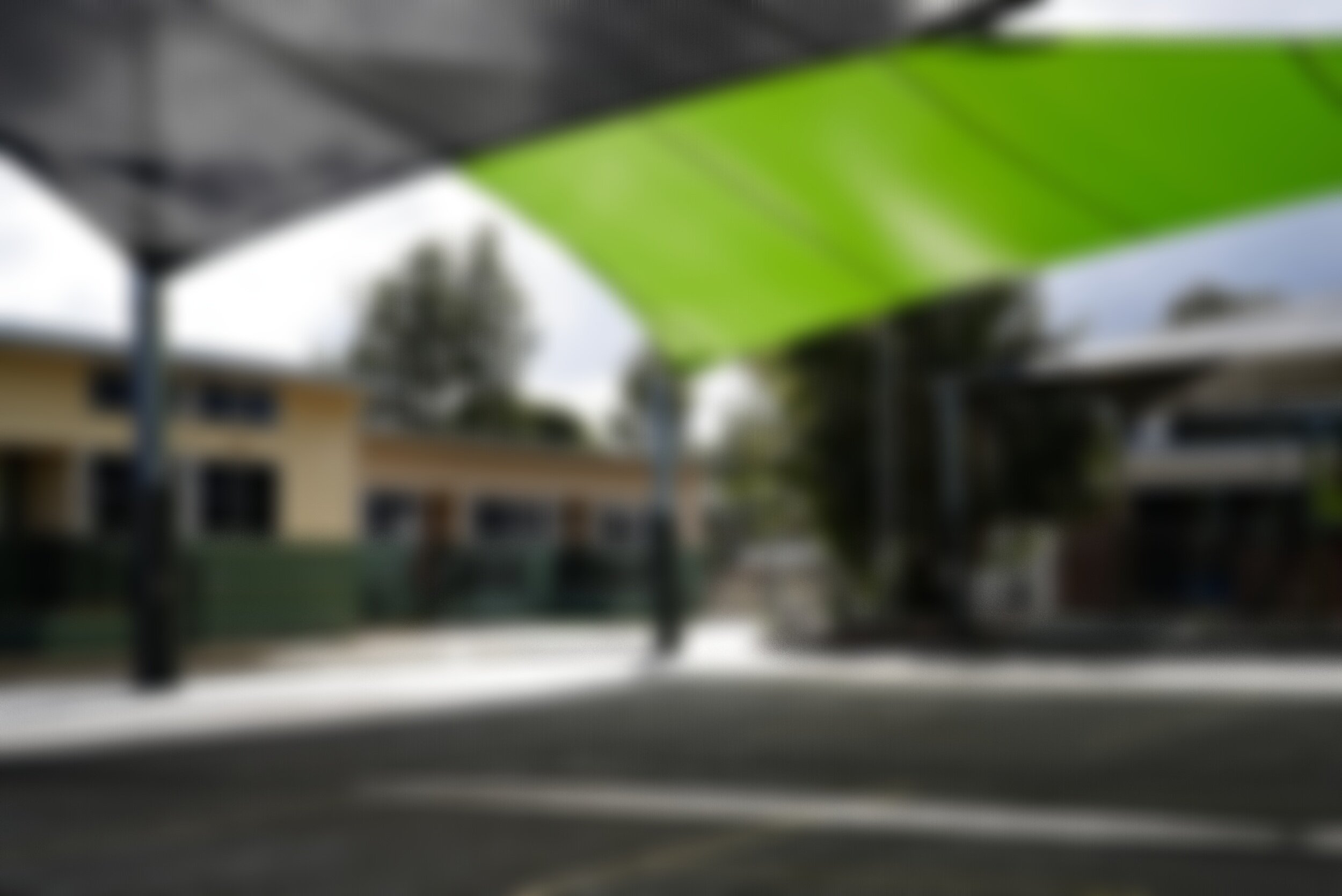
Science
At Brandon Park Primary School we are one of the few schools that run a dedicated Specialist Science program. Every week students participate in a 50-minute lesson in a dedicated Science classroom. The science program is organised around four key learning areas, taught in term blocks; Physics, Biology, Chemistry and Earth and Space Science. We provide students opportunities to develop understandings of important science concepts and processes through a variety of investigations and hands-on experiments. We endeavour to link science learning to students every day lives to foster a love of science and inspiration to follow future careers in the STEM fields.
Sample topics include:
Foundation - Basic forces, Day and Night, Living things, Properties of Materials
Year 1- Light and Sound, Seasons, Living things, Properties
Year 2- Forces, Earth’s Natural Resources, Life cycles, Changes
Year 3- Heat, Earth Sun and Moon, Living things, Solids Liquids and Gases
Year 4- Forces, Rocks, Life cycles, Properties
Year 5- Light, Our Solar System, Adaptations, Solids Liquids and Gases
Year 6- Electricity, Natural Disasters, Living things, Changes
In addition to weekly science classes, BPPS offers a range of extra-curricular science activities.
Each year we hold a ‘Science Day’ run in conjunction with National Science Week. The senior students plan and run science activities (on a rotational basis) for the rest of the school to participate in based on the theme provided by National Science Week.
We endeavour to engage the community by holding a Star Gazing night to coincide with Earth and Space Sciences. Families are invited to join us on the oval and gaze upwards, observing star constellations, moon phases, planets and an International Space Station fly over.
Each year four Year 6 students are selected to participate in the prestigious John Monash Science School ‘Little Scientists Big Science’ program. The program’s aim is to engage young students in science and give them an opportunity to develop and broaden their scientific communication skills.
In 2021 we facilitated students entering the Victorian Science Talent Search for the first time. It is an annual competition open to all Victorian students that encourage independent self-motivated project work. Students with a keen interest in science choose their own topic and present their findings in a variety of ways (posters, inventions, photos, written stories and working models to name a few).
In 2019 our school had the opportunity to participate in live ‘Curious Kids’ workshops with academic experts from The Conversation; an Australian news and perspectives website. We had zoologists come to present a workshop on animal adaptations and answer inquisitive student questions.
We are looking to reinstate our partnership with a microbiologist from Monash University (when Covid-Safe). In past years students have been grossed out by observing the microorganisms that lived on our hands and were enthralled by the process of sublimation - observing the chemical reaction between water and dry ice.
Coding and Robotics
Research confirms that learning accelerates when children make connections across science, technology, engineering, and mathematics (STEM) subjects. STEM is a transdisciplinary approach where students develop key skills including problem solving, creativity, critical thinking, teamwork, and independent thinking.
At BPPS, our students can work with our Cubit bots. Cubit is an easy-to-use, powerfully simple product that brings together robotics, coding, engineering, mathematics, and science-based inquiry to inspire and nurture the next generation of inventors, creators, and builders.
Students have the opportunity to work with the Cubit bots within specialised lessons and during lunchtime club activities. They can code the bots to complete movements, sounds and light shows and use high frequency sensors and light and temperature sensors.
— The Curious Kids Project —

Visual Arts
The Visual Arts program at Brandon Park Primary School is designed to support critical and creative thinking, promote problem-solving and engage the students in an interesting and structured program. Students learn through a program that is designed to provide an enjoyable and stimulating environment in which students experience activities that help develop confidence, passion, creativity, imagination and individuality.
Through drawing, painting, print-making, threads and textiles, 3D construction, clay, collage, mixed and digital media, students develop an understanding and awareness of art elements and principles as they progress through their years at Brandon Park Primary School. Students develop the ability to explore ideas, experiment with different materials and techniques, create and display their art-works and respond, interpret and critique a variety of art types and forms.
The program is run by a specialist teacher who regularly undertakes professional learning courses to enhance and extend their teaching skills. Students are reported against the Victorian Curriculum through ongoing assessments. The students also complete a portfolio task each semester and they record their work samples and written responses to artwork in their own Visual Arts Diaries. Their artworks are displayed for the school community to view in classrooms and hallways on a regular basis. At the end of each term, awards are also given to outstanding students.
Each year, two Year Six Visual Arts Captains are elected to support and promote the Visual Arts program and to assist the art teacher in giving students a voice in what they learn. Students are made aware of local Art competitions and encouraged to participate in them. We also give students the opportunity to showcase their artistic creations through a yearly Brandon Park Primary School Art Competition.
Visual Arts Lessons
Visual Arts lessons begin with a 5-10 minute introduction (tuning in), including giving the students a reason/purpose (Learning Intention), for engaging in the activity e.g. ‘To explore art-making using recycled materials and what they will learn (Success Criteria), e.g. ‘I can construct a face using cardboard and colour the features with my own choice of materials’. A short demonstration of the task is modelled by the teacher (Explicit Instruction). Students then gather their resources and materials and begin working while the teacher moves around the class encouraging students and offering assistance. Students’ work is shared throughout the sessions and students are asked to reflect on their learning through regular questioning, formative assessments and by referring back to the Success Criteria.
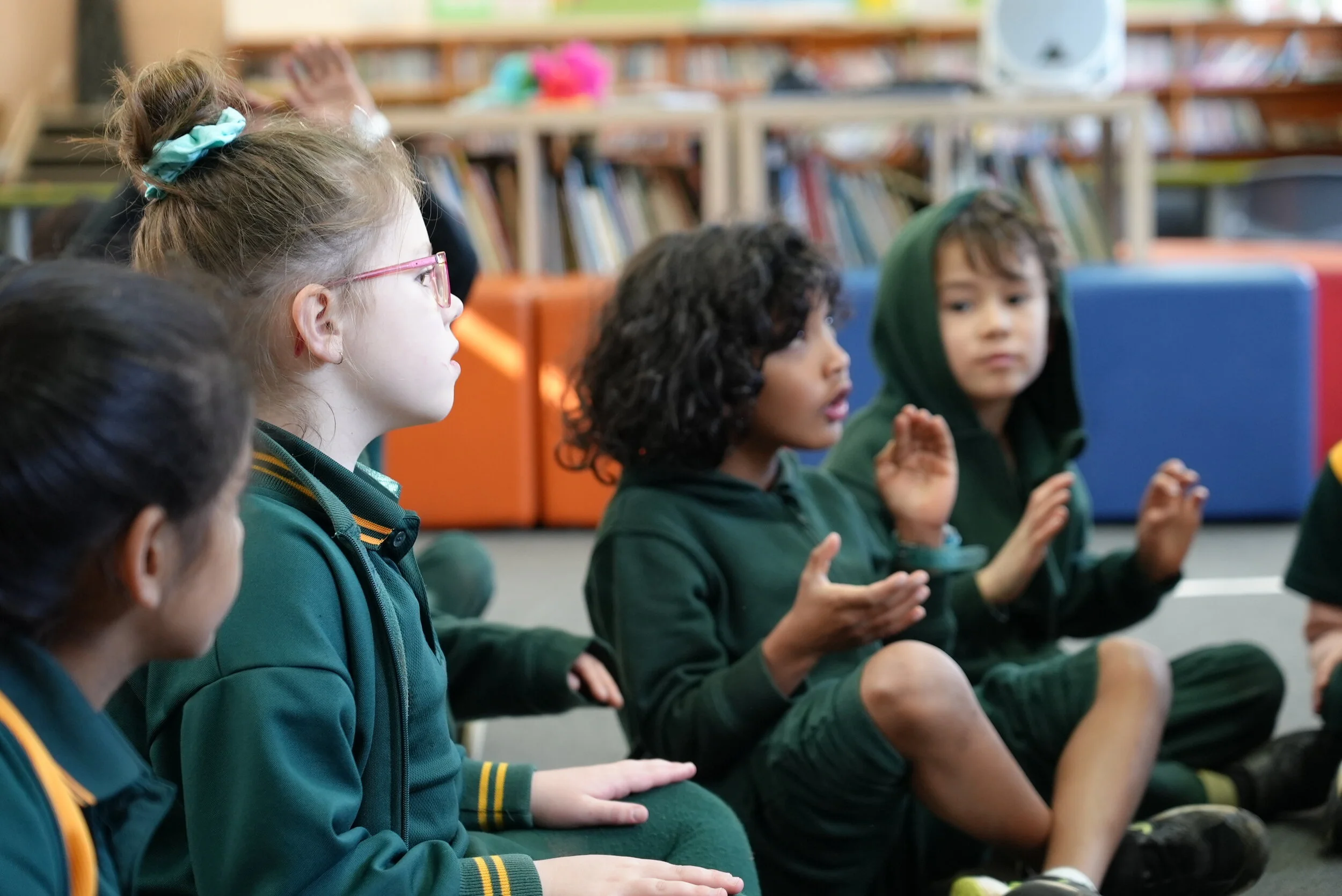
Music
Brandon Park Primary School offers a comprehensive music program for students in Foundation to Year Six. Programs and activities within Music include a Year Three to Six choir, school production and many other performance opportunities. Music is taught in a dedicated space constructed in our new community hub building.
In Music, students develop their understanding of musical elements and their impact on the way music is perceived. Students grow in their ability to read and write music, and to present this in many different ways visually, including notation and pictorially, and in the performance of made and improvised music. They perform to audiences using their voices, instruments, digital instruments and movement.
The early years of Music focus especially on the Kodály Method for learning, where students learn to understand and develop their voices in a musical context. Their own singing voice is a foundation for their music learning, where they participate in many singing activities, songs and games to build the foundation of musical element knowledge. As students grow, they improve to be critical listeners of the music they hear and build their aural skills.
As students enter the later years of their school musical experience, they grow in their competency and skills when playing musical instruments and reading and writing their own musical pieces. They also have the opportunity to participate in the school production showcasing their acting, dancing and singing talents.
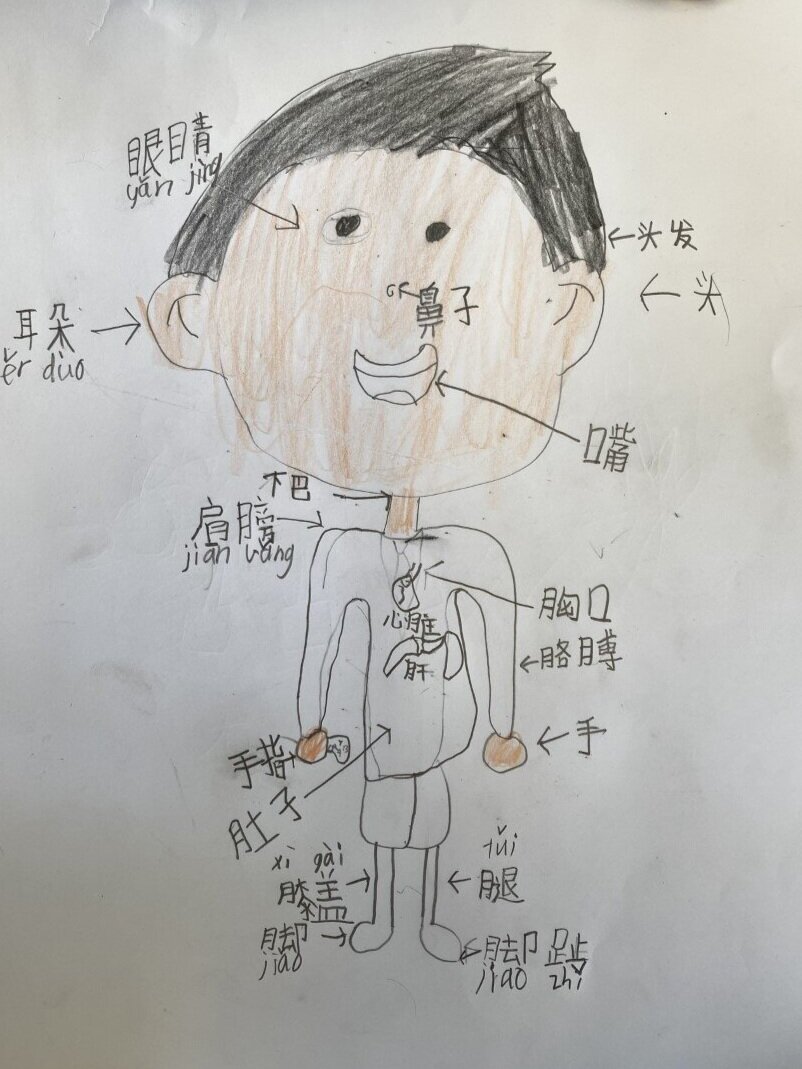
Language Other Than English (L.O.T.E):
Mandarin
Students at Brandon Park Primary School are involved in LOTE sessions in Mandarin based on the Victorian Curriculum. The students participate in a weekly 50 minute Mandarin lesson where they learn about the Chinese language and culture. There is a focus on language skills – listening, speaking, viewing, writing and reading. Students learn about aspects of Chinese culture and language through the means of basic greetings and gestures, singing, stories, role-play and a variety of Chinese crafts. They develop an understanding of the connections between languages and different cultures throughout the world. The students participate in different Chinese celebrations such as Lunar New Year, the Dragon Boat Festival and the Middle Autumn Festival.
Foundation students create the Great Wall of China using Lego blocks
Students presenting their Mandarin tasks to the class

Health and Physical Education
At Brandon Park Primary School all Foundation to Year Six students participate in weekly 50 minute physical education lessons run by a specialist physical education teacher. Classes focus on developing fundamental motor skills, active participation, fairness, teamwork and co-operation, but most importantly, having fun. Our classes also aim to develop a wide range of physical skills, as well as a lifelong enjoyment of physical activity to help promote a healthy lifestyle.
The Foundation to Year Two curriculum focuses on developing the students’ fundamental motor skills such as catching, running, kicking, throwing, dodging and striking. This includes introducing knowledge of simple rules, procedures of games and small group activities. Students also have the opportunity to participate in our whole school swimming program, and whole school house events like cross country and sports days.
The Year Three to Year Six curriculum focuses on further developing a range of complex motor skills in games and activities. These include the factors relating to the safe conduct of games, correct use of the equipment and following rules. Students also develop an understanding of the responsibilities associated with a variety of roles in sport and identifying strategies to improve skill development and game performance. Students in Years Four to Six also have the opportunity to participate in our house cross country and athletics events, and represent the school at further district, division, regional and state events. Students in Year Six compete in Summer and Winter interschool sports competitions against other schools. The sports students can participate in include Cricket, Softball, Volleyball, Tennis, Soccer, AFL, Tee-ball, Netball and Basketball.
